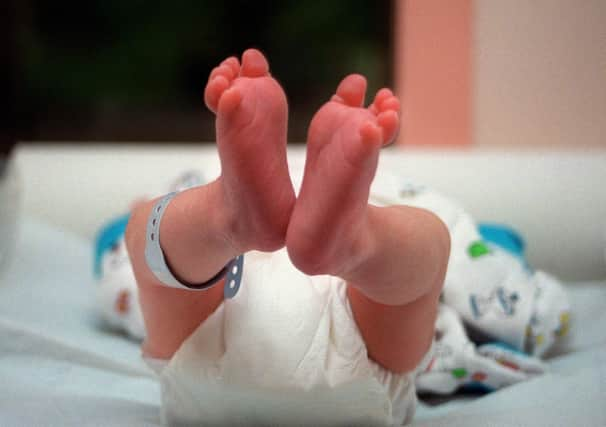Forced adoptions of unmarried mothers' new-born babies is a historic scandal that still breaks hearts today – Hayley Matthews


For those unfamiliar with what went on, let me explain. At that time, there were brutal practices in place in which babies were separated from their birth mothers. These new-borns were taken away after the government coerced their mothers into giving their child up, all because they were young and unmarried.
Society was a lot different then, but it angers me how these young women were treated due to societal pressures around marriage. With much of the pressure coming from the church, I'm glad to see a change in opinions these days and more open-mindedness around having children out of wedlock.
Advertisement
Hide AdAdvertisement
Hide AdWith little to no regard for the mothers’ welfare, those who experienced forced adoption suffered long-lasting negative effects on their mental health and general well-being.
Morning Live shared the stories of two elderly women who were coerced into giving up their babies for adoption and both were still utterly broken because of it.
In 2011, my late aunt Joyce, a respected long-standing member of South Leith Church and a devoted Christian, expressed her utter disdain when I told her I was pregnant with my first child.
We were in Henderson's having lunch and she dropped her head in disbelief, going completely silent on me for the rest of lunch. I'll never forget her reaction. She was appalled! I'd sinned the greatest sin in her eyes.
Advertisement
Hide AdAdvertisement
Hide AdIf this was the reaction from a family member then, I can only imagine the pressures that unmarried mothers in the 1950s faced. It's heartbreaking to think these beautiful innocent babies, ripped from their biological mothers, are now grown adults, many perhaps feeling they were never wanted and suffering their own problems as a result.
The UK Government has a lot to answer for! It’s a small step in the right direction that last year, the First Minister committed to fully considering the issue of historical adoption practices in Scotland.
Clare Haughey, minister for children and young people, had the opportunity to hear from women and children who shared their stories and explained their pain.
The Scottish Government put out a statement saying: "We now want to open this conversation up more widely to hear from more people affected and to ensure they are able to access support."
Advertisement
Hide AdAdvertisement
Hide AdWith talk of an apology to those impacted, I believe a hell of a lot more needs done and fast, before many of these women no longer have the chance to heal their broken hearts.
As it turned out, my aunt Joyce was delighted when she saw her great nephew, even crocheting him a christening shawl (yes, I see what she did there), and I felt huge relief that my choice to be a mother out of marriage had finally been accepted by my devoutly religious relative.
However, for the mothers and children who are still in pain over such situations, I hope the fact that governments are admitting their wrongdoing and that they need to get families help and support is a step closer to helping.
Comments on historical adoption can be emailed to the Scottish Government at [email protected]
Comment Guidelines
National World encourages reader discussion on our stories. User feedback, insights and back-and-forth exchanges add a rich layer of context to reporting. Please review our Community Guidelines before commenting.
